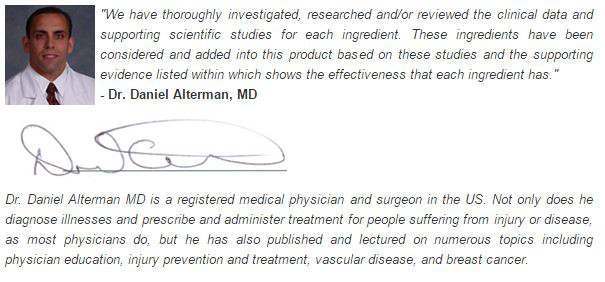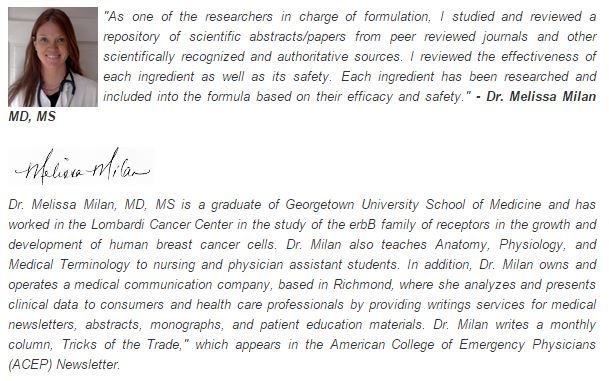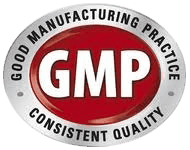Information On Colon Cleansing
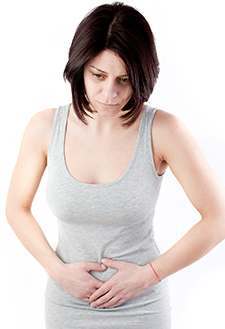
The practice of colon cleansing dates back many years, becoming very popular in the US around 1920 and 1930's. And although support for this procedure waned, within the last few years an interest in colon cleansing has resurfaced. For those looking to lose weight fast, or address intestinal problems, colon cleanses have become very popular once again, with those looking to kick-start a healthy lifestyle or simply maintain good colon health and regularity.
A variety of conditions can occur concerning colon health including, diverticulitis, IBS, Chron's disease, ulcerative colitis, cancer, polyps, diarrhea and constipation to name but a few. With stressful lifestyles and diets in today's world, the need for good colon health has never been so important.
What Is The Colon?
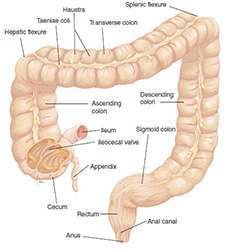
Also referred to as the large intestine, the colon forms part of our digestive system. The ileum (last part of the small intestine) connects to the cecum (first part of the colon) in the lower right abdomen, with the remaining parts of the colon being divided into four parts:
• Ascending colon: travels up the right side of the abdomen.
• Transverse colon: runs across the abdomen.
• Descending colon: travels down the left abdomen.
• Sigmoid colon: short curving of the colon, just before the rectum.
The colon is where water and nutrients from food are absorbed, what is left behind is referred to as 'waste' or 'toxins'. The walls of the colon are lined with muscles that work to help expel waste from the body, leaving the body in the form of stools from the anus.
Billions of bacteria coat the colon and its contents, living in a healthy balance within the body. A healthy colon and rectum will rid your body of the waste it does not need. However, if your colon or rectum aren't working the way they should, you are very likely to experience problems such as bloating, gas and pain.
What Is Colon Cleansing?
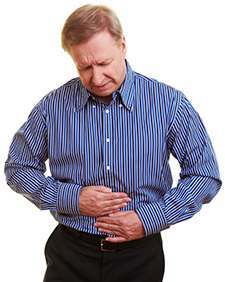
One of the main theories behind colon cleansing is the belief that undigested meat and other foods cause mucus buildup in the colon. This build-up produces toxins, which enter the blood's circulation, poisoning the body. Some of the symptoms that people often associate with toxins include headaches, bloating, stomach pain, weight gain, constipation, fatigue and a general feeling of malaise.
The practice of ridding the body of toxic or harmful substances, also referred to as detoxification, is experiencing a resurgence further promoted on many websites and has even been endorsed by a host of celebrities. Those who support detox therapies believe that the body accumulates toxins which if left, can cause cancer and other diseases. Regular cleansing of such toxins suggest that the risk of disease is reduced and promotes good health, and increased energy.
Some individuals use do-it-yourself colon cleansing methods — such as laxatives, enemas or herbal remedies — while others use colonic irrigation (also referred to as colonic hydrotherapy, or colonics) in which gallons of water is flushed through a tube into their rectum, to purportedly remove harmful toxins and waste.
A range of reported benefits include increasing a more efficient digestive system, maintaining regularity and preventing constipation, increasing energy and boosting good skin health. Most people report a better sense of well being, feeling lighter and stronger. It is a great way to kick start weight loss programs and is thought to decrease the risk of colon cancer and other associated colon conditions.
Supporting A Healthy Colon

Our diet is fundamental to our intestinal health. Quite simply put, what we eat and drink affects how our digestive tract works. Generally, a healthy diet that benefits our overall health should include lots of fruits, vegetables and whole grains. Reducing red meat (such as beef, pork or lamb) and cutting out processed meat (such as bacon, sausage, hot dogs and cold cuts) may also help reduce the risk of colon related problems.
Drinking less alcohol will benefit, as will increasing water intake, as inadequate hydration can lead to a build-up of toxins. Fiber is beneficial for keeping food waste moving along the digestive tract to aid expulsion of waste and toxins. Also, Vitamin D has been connected to colon cancer prevention and general maintenance of a healthy colon. The sun is a good source of Vitamin D as are certain foods rich in this important vitamin including milk, cereals and fatty fish.
Other basic elements that may be adopted to promote colon health include making sure you get plenty of exercise. Furthermore, it is advised, not to hold it in, if you feel a bowel movement coming, don't wait to head to the bathroom. A build-up of fecal matter can release all sorts of toxins into your body, it is important to expel waste as quickly as possible.
Colon Cleansing - Effective or Not?
 Many believe that our bodies are well equipped to take care of ridding itself of waste naturally, and that there is no intervention necessary. Other theories disagree and believe that natural cleansing, if undertaken correctly, is incredibly beneficial for the body and colon health.
Many believe that our bodies are well equipped to take care of ridding itself of waste naturally, and that there is no intervention necessary. Other theories disagree and believe that natural cleansing, if undertaken correctly, is incredibly beneficial for the body and colon health.
If you decide to choose colon cleansing, there are several precautions you should take to ensure that your health is not compromised. Check with your practitioner first, before any action is taken, especially if you are taking any medication or have an existing medical condition. Furthermore, if you opt for colonic irrigation, make sure you choose a reputable licensed practitioner.
As for natural herbal cleansing formulas, check ingredients and dosage to ensure that they are clinically proven and gently effective.
References:
1 - European Food Safety Authority


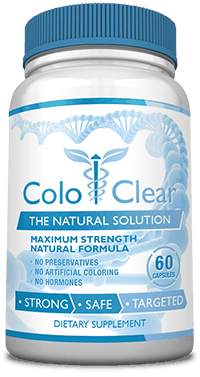




 ColoClear™'s formulation of effective ingredients and strong name recognition have brought praise from both customers and health professionals alike. To learn more about the research and data behind ColoClear™ , please visit our "
ColoClear™'s formulation of effective ingredients and strong name recognition have brought praise from both customers and health professionals alike. To learn more about the research and data behind ColoClear™ , please visit our "
